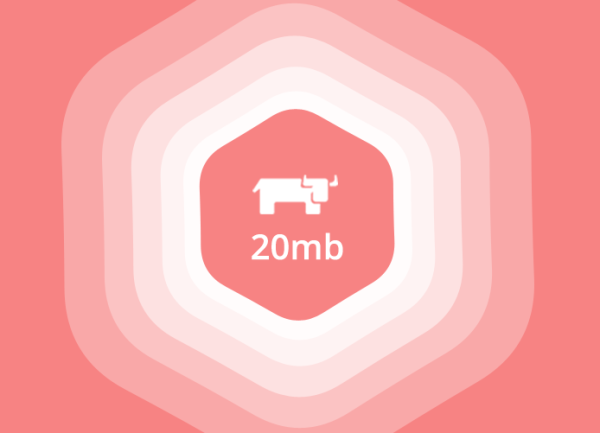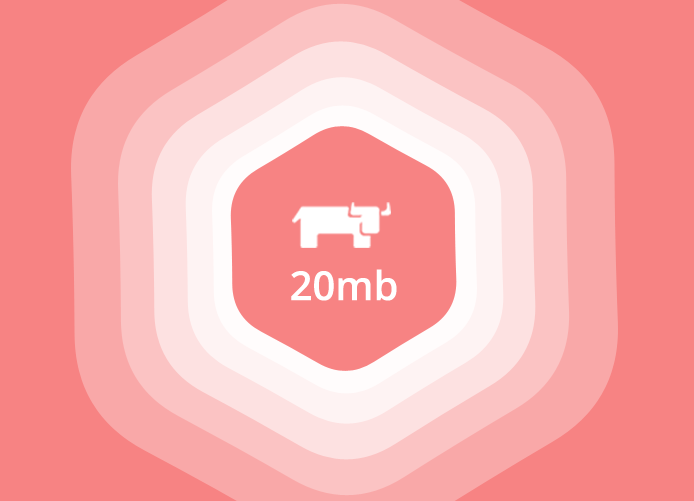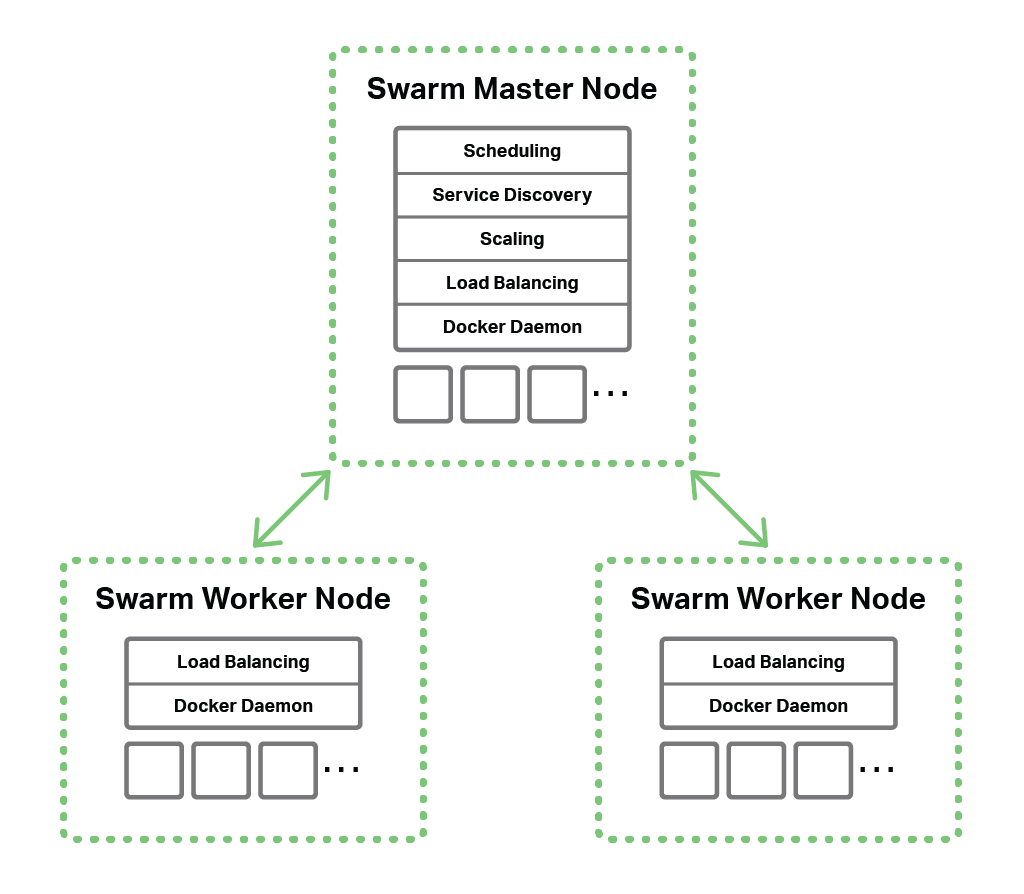Containerization brings several benefits to traditional CI platforms where builds share hosts: build dependencies can be isolated, applications can be tested against multiple environments (testing a Java app against multiple versions of JVM), on-demand build environments can be created with minimal stickiness to ensure test fidelity,
Docker Compose can be used to quickly bring up environments which mirror development environments. Lastly, the inherent isolation offered by Docker Compose-based stacks allow for concurrent builds — a sticking point for traditional build environments with shared components.
One of the immediate benefits of containerization for CI is that we can leverage tools such as Rancher to manage distributed build environments across multiple hosts. In this article, we’re going to launch a distributed Jenkins cluster with Rancher Compose. This work builds upon the earlier work by one of the authors, and further streamlines the process of spinning up and scaling a Jenkins stack.
Read the complete article here.








